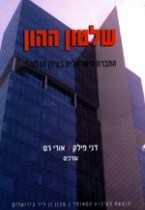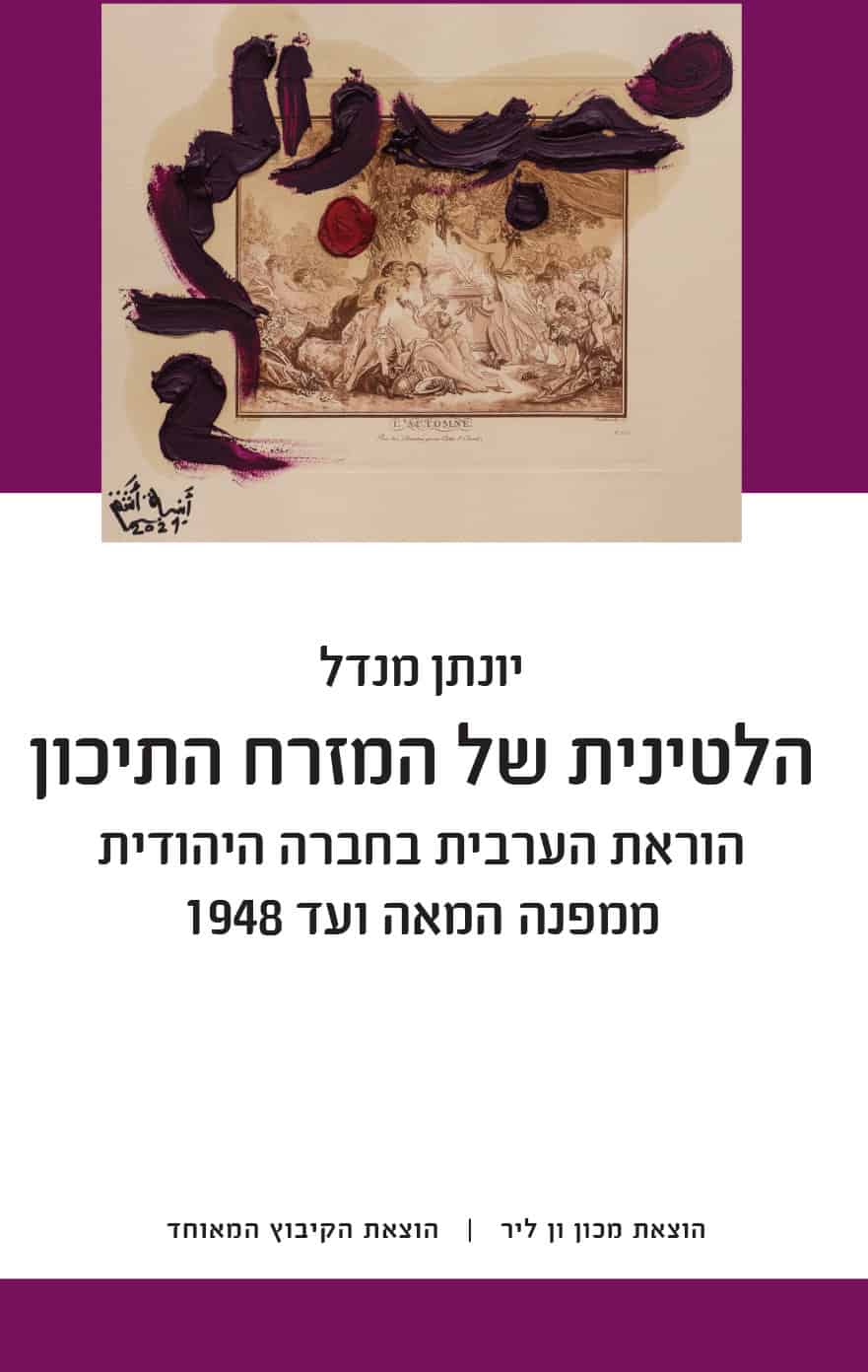The Power of Property
Israeli Society in the Global Age
| Edited by | Dani Filc, Uri Ram
|
| Publisher | Van Leer Institute Press and Hakibbutz Hameuchad |
| Language | Hebrew |
| Year of Publication | 2004 |
| Series | Theory in Context Series |
The Power of Property examines the ramifications of globalization for Israeli society. The papers included in it discuss the fundamental change taking place since the 1990s in Israel’s economic structure and analyze its stratificational and political ramifications.
This change is conceptualized in terms of a transition from one hegemonic project to another, from a Fordist to a post-Fordist configuration of the concentration of capital, from a Keynesian to a neo-liberal government policy, from a quasi-universal process of modernization to a distinctly elitist process of globalization, and from a state of universal welfare to a state of selective aid.
The book analyzes the increase in power of the corporations in contrast to the weakening of the labor unions and the public sector, and it examines the policy that supports market principles while harming the welfare state. The socioeconomic changes are discussed in the context of relations between affiliation groups and identity groups in Israel—Jews and Arabs, Ashkenazic and Mizrahi Jews, Israelis and non-Israelis—and even in the context of the Israeli-Palestinian diplomatic process and its failure.
The Power of Property is a response to the urgent need for a new and up-to-date view of Israeli society in the age of globalization; it grapples with a variety of issues in the study of the Israeli case within a global context.




